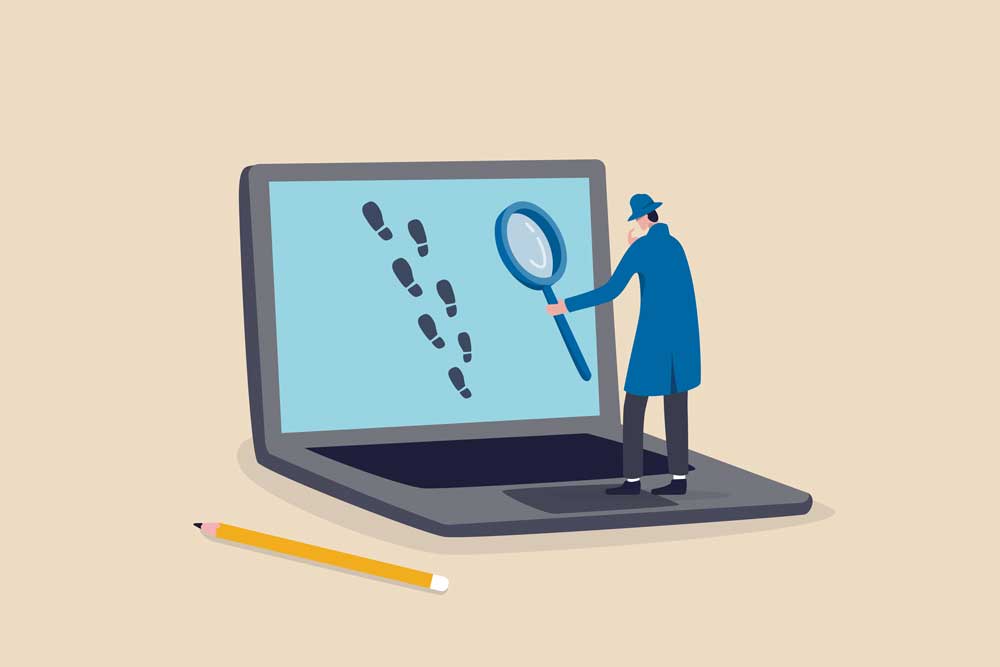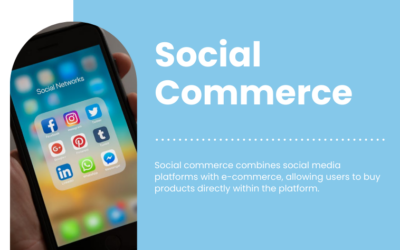Understanding the Internet of Behaviors and Its Impact on Technology
The Internet of Behaviors (IoB) is a relatively new innovation in technology that has gained significant attention in recent years. It involves the use of data acquired from internet-connected devices to analyze, track, and predict human behavior. In this article, we will explore what the Internet of Behaviors is, how it works, and its potential impact on marketing and advertising.
What is the Internet of Behaviors and How Does It Work?
The Internet of Behaviors is a system that leverages data from internet-connected devices to understand and analyze user behavior. The system collects data on users’ online activities, including web browsing history, social media activity, and online transactions. This data is then analyzed using artificial intelligence and machine learning algorithms to identify patterns and predict future behavior.
For example, if a user frequently searches for information on fitness and health, an Internet of Behaviors system may use this data to suggest fitness-related products or services. Alternatively, if a user has a history of buying products from a particular online retailer, the system may recommend similar products from that retailer.
The Impact of the Internet of Behaviors on Marketing and Advertising
The Internet of Behaviors has the potential to revolutionize the way marketers and advertisers target their audience. By analyzing user behavior, marketers can gain valuable insights into their target audience and tailor their marketing campaigns accordingly. This can lead to more effective advertising and ultimately, higher sales.
One example of how the Internet of Behaviors is being used in marketing is in the area of personalized advertising. With the help of IoB, companies can deliver targeted ads to users based on their online behavior, interests, and preferences. This can lead to higher conversion rates and better returns on advertising spend.
Another area where IoB is being used is in the analysis of consumer sentiment. By tracking social media activity and other online interactions, companies can gain insights into how consumers feel about their products or services. This information can be used to improve products, refine marketing messages, and enhance the overall customer experience.
The Role of IoT in the Development of the Internet of Behaviors
The Internet of Behaviors is closely linked to the Internet of Things (IoT). IoT refers to the network of physical devices connected to the internet, from smart home devices to industrial sensors. As more devices become connected to the internet, the amount of data available for analysis by IoB systems will continue to grow.
For example, a smart refrigerator that can track a user’s food consumption could be used to make recommendations on healthy eating habits. Similarly, a smart home security system could be used to predict when a user is likely to be away from home and adjust the temperature and lighting accordingly.
The Future of the Internet of Behaviors and Its Impact on Society
As the Internet of Things continues to grow, the potential applications of IoB technology will only continue to expand. From healthcare to education, there are countless areas where IoB systems could provide valuable insights and improve outcomes.
However, it is important to carefully consider the potential risks and drawbacks of IoB technology. Privacy concerns and the ethical implications of collecting and analyzing personal data must be considered. As technology continues to evolve, it is crucial that we have open and honest conversations about how it should be used and regulated.
In the end, the Internet of Behaviors has the potential to create a more connected and efficient world. However, it is up to us to ensure that this technology is used responsibly and in the best interests of society as a whole.




